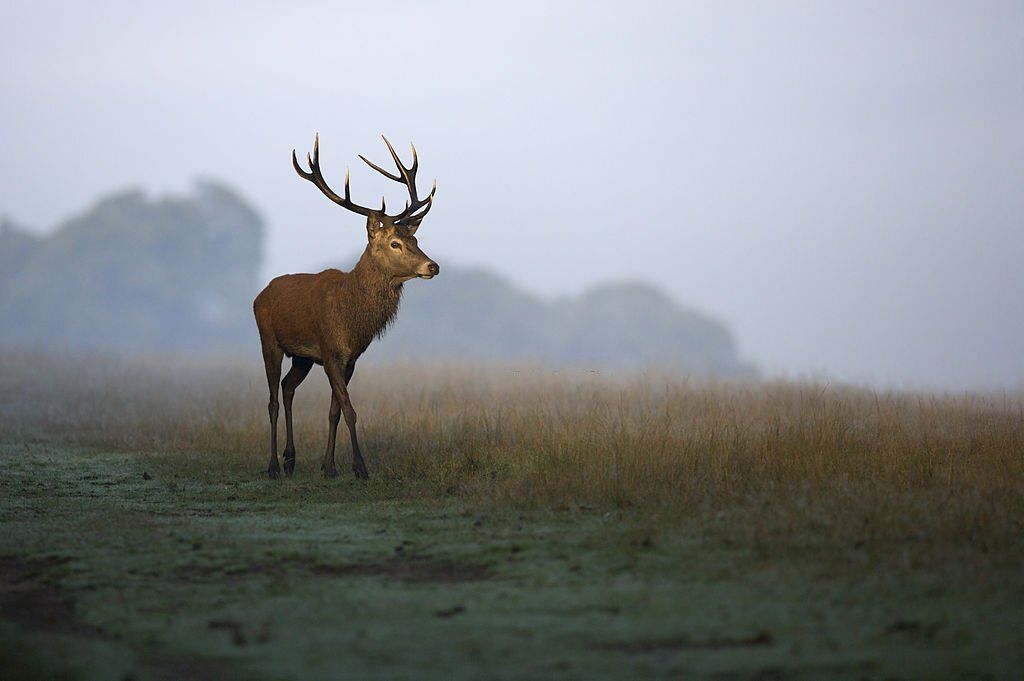Deer hunting is a popular outdoor activity enjoyed by many hunters worldwide. Whether you’re a seasoned hunter or just starting out, a few essential tips can greatly enhance your deer hunting experience. You might have your favorite gear and, if you use smokeless tobacco products, nicotine pouches ready, but there’s way more to the art of hunting.
This article will discuss deer hunting tips that every hunter should know.
Table of Contents
1. Scout Your Hunting Area
Before heading out to the field, scouting your hunting area thoroughly is crucial. Familiarize yourself with the terrain, identify potential food sources, and locate deer trails and bedding areas. Look for signs such as tracks, rubs, scrapes, and droppings, as they can provide valuable information about deer movement patterns and their preferred habitats.
By understanding the deer’s behavior and habitat, you can strategically position yourself in the right areas and increase your chances of a successful hunt.
2. Play the Wind
The wind direction plays a vital role in deer hunting. Deer have an exceptional sense of smell; if they catch a whiff of a human scent, they will likely be on high alert and avoid the area.
Always consider the wind’s direction, then plan your approach and stand placement accordingly. Set up your hunting location in a way that allows the wind to carry your scent away from the anticipated deer movement areas. This will minimize the chances of alerting deer to your presence and maximize your chances of getting a clean shot.
3. Practice Stealth and Patience
Deer have acute hearing and are sensitive to sudden movements. To hunt deer, it is crucial to be as quiet and still as possible. Move slowly and deliberately, avoiding stepping on twigs or crunching leaves that may startle nearby deer. Use natural cover such as trees, bushes, or terrain features to break up your silhouette and blend into your surroundings.
Patience is another key trait in deer hunting. It may take hours or even days to encounter a deer within range, so stay focused and remain calm. Avoid unnecessary movement and be ready for a shot when the opportunity presents itself.
4. Understand Deer Behavior and Rutting Periods
Understanding deer behavior, especially during the rutting season, can significantly improve your chances of success. The rut is the mating season for deer when bucks become more active and aggressive in their search for does. During this time, bucks will make scrapes, rub their antlers on trees, and emit vocalizations to attract does.
By familiarizing yourself with these behaviors, you can locate rutting areas and increase your odds of encountering bucks. Additionally, learning about deer vocalizations and using appropriate calls can effectively draw deer closer and create shooting opportunities.
5. Use Optimal Camouflage and Scent Control
Deer have sharp eyesight, so blending into your surroundings is essential. Wear camouflage clothing that matches the natural colors of the hunting area, and use face paint or a camo mask to break up the outline of your face.
Additionally, consider using scent-control products to minimize human odor. Use scent-free soaps and detergents when washing your hunting clothes, and store them in a scent-proof bag. Employ scent-control sprays to reduce your scent profile while in the field.
By minimizing your visibility and scent, you increase the likelihood of remaining undetected by deer.
6. Know Your Weapon and Practice Shooting
Proficiency with your weapon of choice is crucial for ethical and accurate shots. Whether you use a rifle, bow, or crossbow, become familiar with its capabilities and limitations.
Spend time practicing at the shooting range to improve your marksmanship and gain confidence in your shooting abilities. Regular practice will help you develop muscle memory and ensure you can make ethical shots when the moment of truth arrives during the hunt.
7. Stay Updated on Hunting Regulations and Safety Guidelines
Hunting regulations and safety guidelines can vary from one location to another. It is essential to stay informed and up-to-date on hunting regulations specific to your area.
Familiarize yourself with the hunting seasons, bag limits, legal shooting hours, and any special restrictions that may apply. Additionally, always prioritize safety during your hunts. Know common firearm safety practices, wear appropriate safety gear, and communicate your hunting plans with a trusted individual, letting them know where you’ll be and when you expect to return.
Become a Master Hunter
Incorporating these additional four tips into your deer hunting routine will enhance your overall hunting experience and increase your chances of a successful and enjoyable hunt. Remember, preparation, patience, and respect for the animals and the environment are the keys to becoming a skilled and responsible deer hunter.

